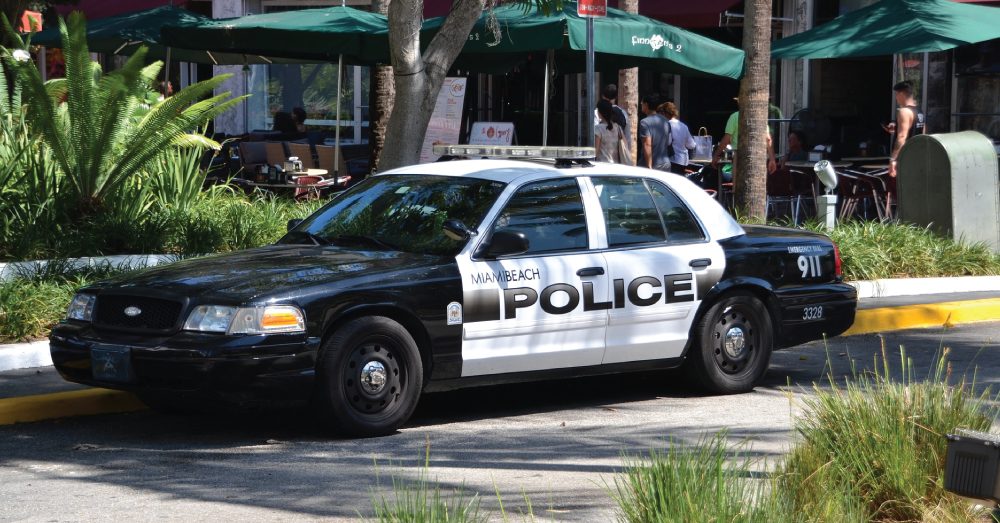
Can Fruit and Veggies Cut Crime? Police and Nonprofit Are Giving It a Try
Whether cops helping feed the needy actually cuts down on crime is a hard thing to quantify. But almost everyone agrees on this: A Miami police effort, working with the nonprofit food distribution group Farm Share, has made cops and some poor communities they serve at least a little bit closer. Some people who once wouldn’t talk with officers on the beat now do.
January 5, 2018 | Source: Miami Herald | by Charles Rabin
Whether cops helping feed the needy actually cuts down on crime is a hard thing to quantify.
But almost everyone agrees on this: A Miami police effort, working with the nonprofit food distribution group Farm Share, has made cops and some poor communities they serve at least a little bit closer. Some people who once wouldn’t talk with officers on the beat now do.
“It’s mutually beneficial,” Miami Police Chief Rodolfo Llanes said Friday morning as officers worked with Farm Share volunteers to distribute food to 1,000 people in downtown Miami. “It’s a good opportunity for us to engage with folks. We help each other out.”
Farm Share is a government-supported organization that works with the United States Department of Agriculture to distribute surplus food — much of it fresh locally grown fruit and vegetables that would otherwise be discarded because it wasn’t up to supermarket standards. Bananas, for instance, might be too small or apples slightly discolored. Farmers get tax credits in exchange for food they donate.
Last year, Farm Share provided 52 million pounds of food to families from Homestead to Jacksonville. In Miami-Dade alone in 2017, Farm Share distributed food on 58 occasions.
Cops started joining the effort after the 2014 police shooting of Michael Brown in Ferguson, Missouri, under an Obama administration community police initiative. The program, called Farm Share Community Policing and Crime Prevention, was developed three years ago with assistance from the U.S. Attorney’s Office. Its goal: Reducing crime and improving law enforcement and community relations in “at-risk” neighborhoods across the state of Florida.
Farm Share believes that if people in at-risk communities are provided nutritious food to help with basic needs, it should pay off with reduced crime over time. Other major U.S. cities have similar programs. In Los Angeles, the police department’s Community Safety Partnership operates sports clinics and farmers’ markets in several public housing projects in the Watts and East Los Angeles neighborhoods.
